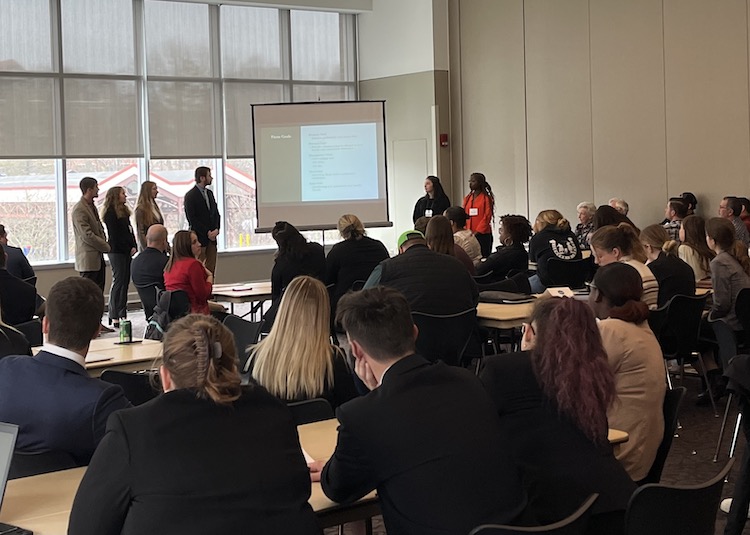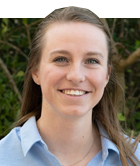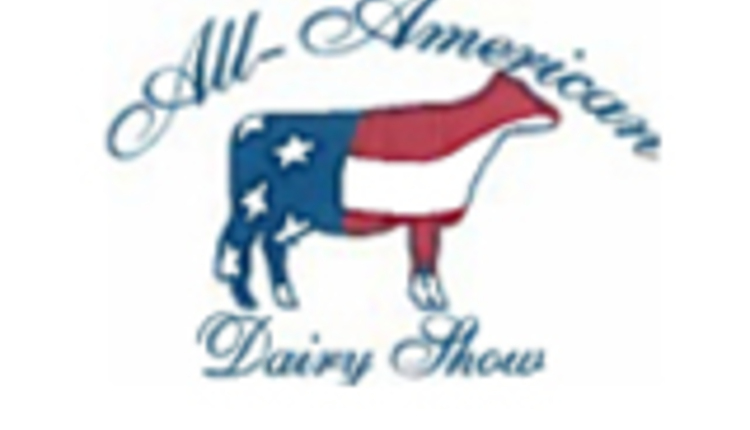
If you have studied animal or dairy science in college in the last two decades, you may have had the opportunity to compete in the North American Intercollegiate Dairy Challenge. This three-day event brings together teams of students from around the country to evaluate a dairy farm, its records, and its financials to uncover the farm’s strengths as well as opportunities for improvement.
This might sound a little intimidating if you’ve never experienced a Dairy Challenge (and maybe even if you have) — and that’s because it is! Students in the national contest are often seniors who have taken years of classes in the various areas that make a dairy farm run. They have likely visited farms to practice observing the facility and cows, digging through records, and crunching financial ratios. They don’t know anything about the farm they will be evaluating until they arrive at the contest, and then everything they have learned is on the table. What benchmarks need to be analyzed? If shortfalls are uncovered, what might be causing them? Most importantly, how can this dairy farm business be more profitable?
These are questions that dairy managers are asking on their farms every day. When Dairy Challenge was established 20 years ago, the goal was to build enthusiasm and a learning opportunity for all aspects of a dairy farm. Today, the organization’s goal remains to train the next generation of dairy leaders through their farm evaluations, presentation skills, and career opportunities.
In addition to the national contest, in which teams of four classmates present their findings to a panel of judges, that goal is further developed through the regional and Academy contests. At these events, teams of about six students from different universities come together to evaluate the farm and give their presentations. This scenario is an entryway for students to learn about the event, but it also more realistically stimulates what happens on dairy farms every day.
“Generally, you don’t bring the veterinarian and everyone from one company. You’ll have four or five people that sit around with the dairy manager,” described Dave Thorbahn, a Dairy Challenge founder. “You’ve got to learn to work with a lot of strong personalities.” He explained that early in the contest’s life, the goal was to develop additional events structured like this so that students gained the experience of working with new people to solve problems. Four regional events are held each year in this format.
In 2013, the aggregate approach was added to the national event in the form of a separate division called Dairy Challenge Academy. These students are often earlier in their dairy education and getting a feel for how to evaluate a farm. They have the opportunity to travel to the national event to visit a farm in another part of the country, work with students from other schools, and present to their peers. These students aren’t judged on their evaluation, so the Academy provides a learning environment to ask questions, practice analyzing a farm and its records, and defend their conclusions. Each group of students is paired with an industry mentor to help facilitate their teambuilding and discussion.
This year’s national Dairy Challenge event was held last week in Saratoga Springs, N.Y. A total of 124 students competed in the national contest, and 140 students participated in the Academy. These individuals represented 39 schools from around the U.S. and Canada! Six area farms graciously opened up their facilities and their books so the students could develop the critical thinking and collaboration skills that will serve them well in any career path they follow.
Dairy Challenge events rely on the time of volunteers to make them successful. Whether you are a farmer or in industry, you can help give future students an outstanding experience by serving as a volunteer, judge, or host farm. If you want to get involved, visit www.dairychallenge.org.

Katelyn Allen joined the Hoard’s Dairyman team as the Publications Editor in August 2019 and is now an associate editor. Katelyn is a 2019 graduate of Virginia Tech, where she majored in dairy science and minored in communication. Katelyn grew up on her family’s registered Holstein dairy, Glen-Toctin Farm, in Jefferson, Md.








